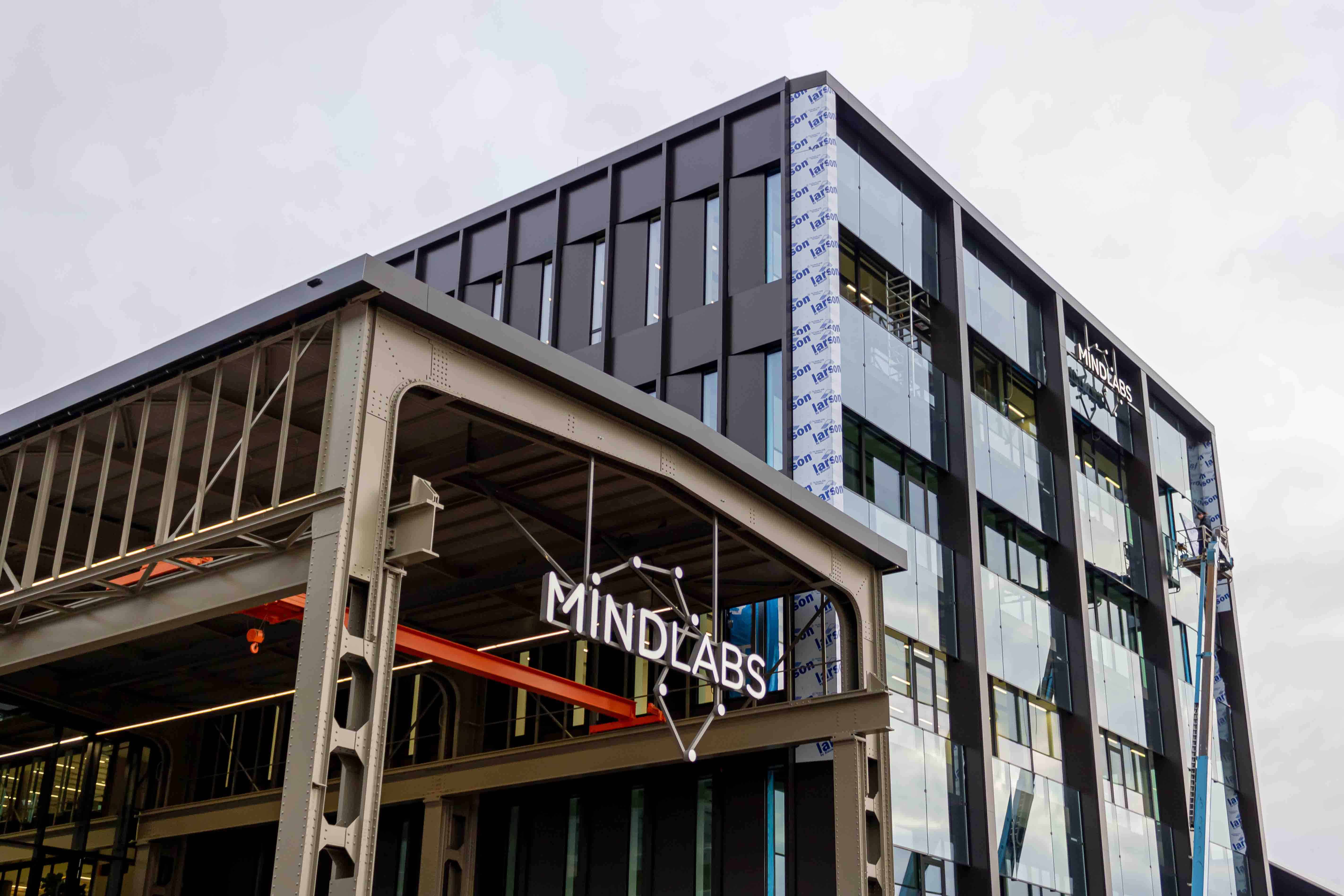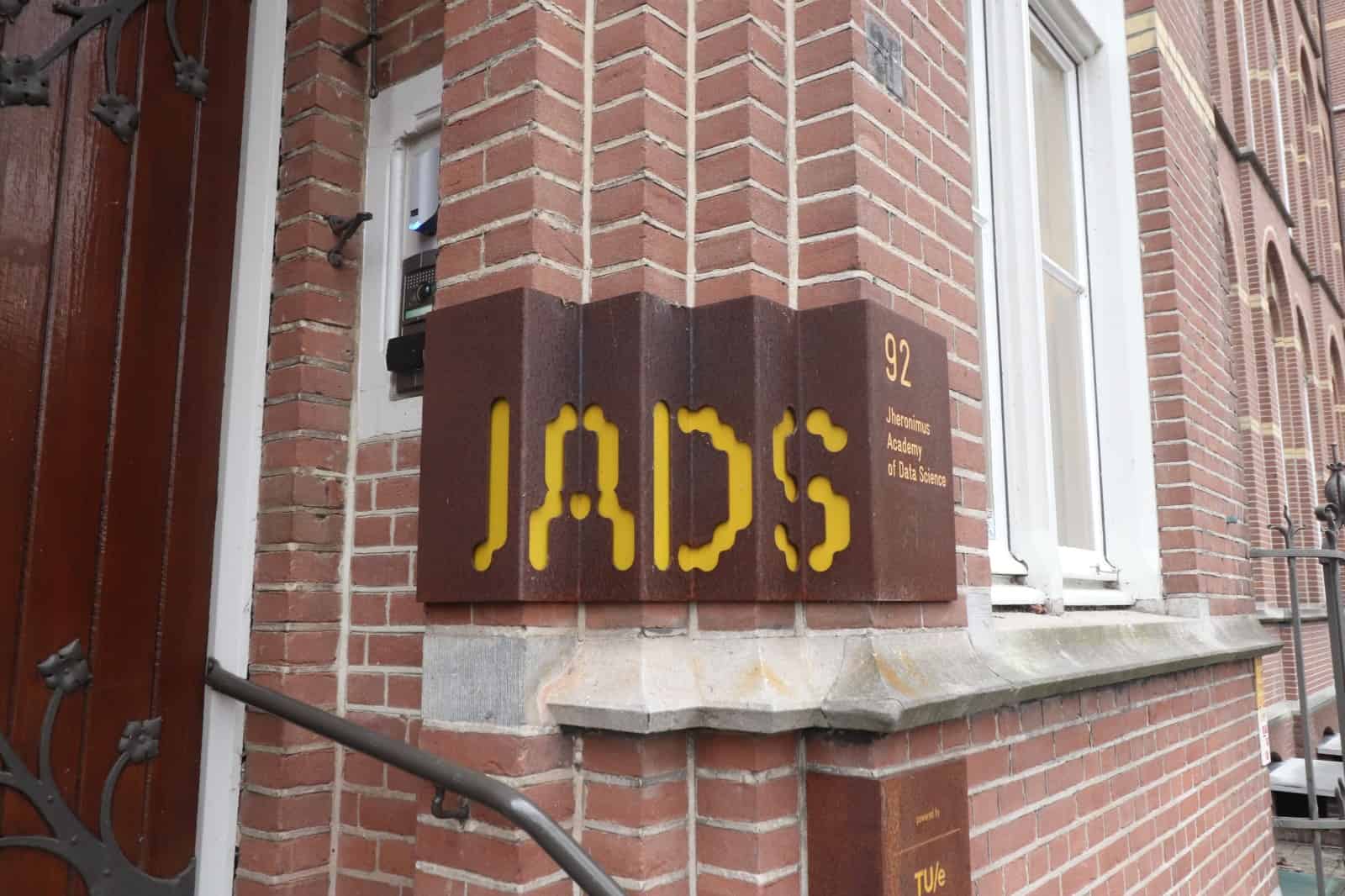
Artificial Intelligence, or AI for short, is hot in the Arnhem-Nijmegen-Wageningen region of the Netherlands. Universities, research centers, but also the business community and start-ups have thrown themselves wholeheartedly into finding applications for this important technological development. The AI For Life Center facilitates regional cooperation between the organizations, projects, and initiatives surrounding artificial intelligence in the Nijmegen-Arnhem-Wageningen region. Health is an important theme.
Thirona, a spin-off of Radboudumc, a univeristy hospital in Nijmegen, is one of the organizations demonstrating within the ecosystem of the AI for Life Center how significant the social impact of AI can be. The start-up from Nijmegen, with nearly thirty permanent employees and several dozen students who are assisting on a freelance basis, is creating an automatic analysis tool for medical images, such as X-rays and CT scans. The software is being developed using deep learning and analyses, e.g. lung and eye scans. Corona has accelerated the rate of developments at Thirona, says co-founder and CEO Eva van Rikxoort.
“It’s not that we have changed course, but our plans for the next few years have really shifted up a gear.” The direct reason? Making the CAD4COVID software available free of charge to the entire world. As a tool for determining whether someone actually has a corona infection. “It wasn’t originally intended for that purpose, but in retrospect, it really is the best marketing stunt we could have ever come up with.”
Also read the interview with Bram van Ginneken, co-founder of Thirona: Radboudumc deploys AI to recognize COVID-19 on lung images
From that moment on, the clinical use of Thirona’s solutions instantly took off. Something that Van Rikxoort and her team initially assumed would take years. “We immediately received a lot of feedback from the hospitals that started using our software. They were all very enthusiastic about the ease of use and the results. And now they know where to find us for non-corona-related solutions as well. So we will definitely also integrate this software into a larger product aimed at lung diseases.” Laughing: “But that will no longer be free of charge then, as you can expect.”

The Netherlands
Thirona has three main activities, the most important of which, before Corona, was research for the pharmaceutical industry. Besides that, the company focuses on the analysis of lung diseases and of eye diseases. The extraordinary thing is that of the approximately 400 customers that Thirona has provided those activities to, only one was in the Netherlands: The University Medical Center Groningen. “But that is set to change soon,” Van Rikxoort promises. “The CWZ in Nijmegen has already played an important role where CAD4COVID is concerned. But for us, this is primarily a good first step. We really want to break through this year to the rest of the Netherlands as well.”
In this respect, Van Rikxoort is is well aware that their ‘own’ region is a great launching pad, with ‘Lifeport‘ as its economic profile. “In this region, the connection between academy, education and business is tremendously powerful. This also made it possible for a company like ours to come about in the first place. There is incredible access to talent, you can win these people over by showing them the opportunities, bit the opposite is also true. Students here have every opportunity to convince us of their ambition and talent.”
Yet van Rikxoort also realizes that there are is also plenty of room for improvement in pother aspects. “For example, what we haven’t found a solution for yet concerns the need to run pilots. How do companies and, for instance, hospitals, find each other to set up pilots with the right kind of target groups? We need to learn how to find each other even more easily for this purpose. Also, literally speaking: Just walking into each other’s homes is not something we can do yet.”
That same need also holds true for Thirona itself. Contacts with other start-ups are relatively limited. The exception is Screenpoint Medical, which also offers AI solutions for healthcare and is based in the same building as Thirona. “We share our knowledge on regulatory issues, for example; you can see that we are mostly running into the same kinds of challenges.”
And that is precisely where a brick-and-mortar AI for Life Center could contribute, points out Richard Dobbelmann, business associate at The Economic Board and one of the initiators: “The AI for Life Center should be up and running next year. Then we will have a physical place where anyone can approach with questions about Artificial Intelligence. By phone, email or by simply dropping by. People are then brought into contact with the right people and wonderful cooperative projects ultimately spring up. R&D departments of companies are located here, as well as start-ups and scale-ups. Professors use it as a base and students meet each other there too. It will be a place where you will be able to feel the energy and potential of AI.”







